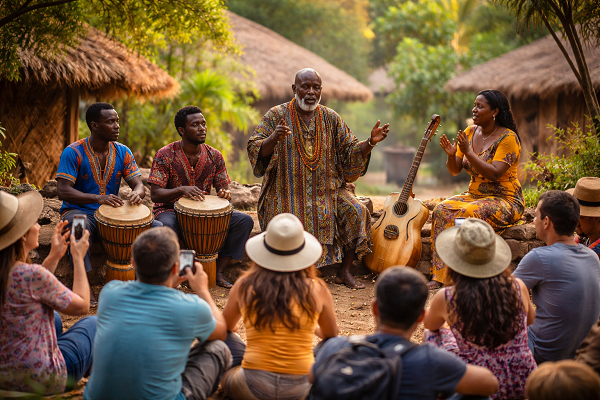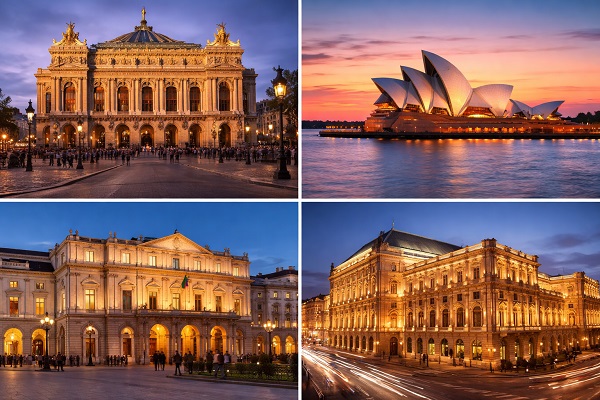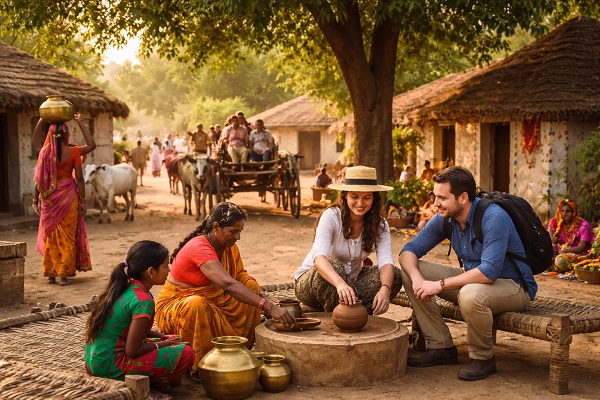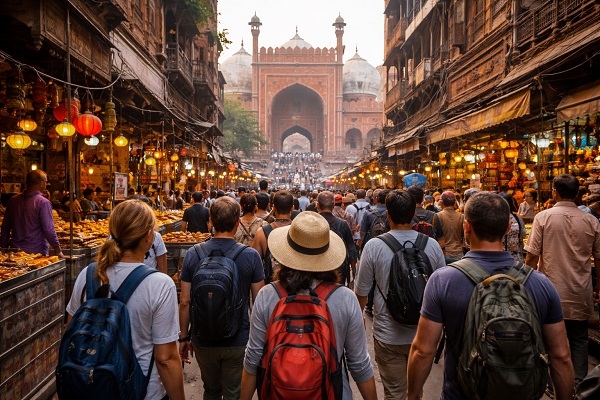Cultural Tourism: Connecting Through Culture
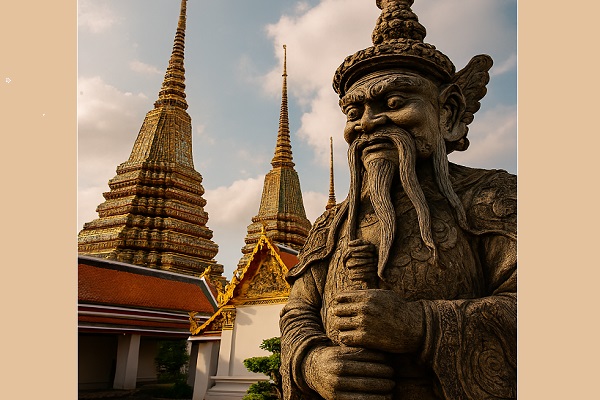
What Is Cultural Tourism?
Cultural tourism refers to travel that focuses on experiencing the cultural aspects of a destination — including its history, art, architecture, religion, festivals, cuisine, and daily life. It invites travelers to go beyond sightseeing and engage with the living traditions and stories that shape a community.
A Growing Global Trend
The global cultural tourism market is booming. In 2024, it was valued at USD 7.25 billion, and it's projected to reach USD 16.95 billion by 2032, growing at a CAGR of 11.2%. This surge is driven by travelers seeking meaningful, authentic experiences and destinations investing in cultural preservation and promotion.
Why Cultural Tourism Matters
Preserves Heritage: Tourism revenue supports museums, monuments, and traditional arts.
Fosters Understanding: Travelers gain insight into diverse ways of life, reducing cultural barriers.
Empowers Communities: Local artisans, performers, and guides benefit economically and socially.
Enriches Travel: Cultural experiences add depth and personal connection to journeys.
Popular Cultural Tourism Destinations
Kyoto, Japan: Ancient temples, tea ceremonies, and geisha traditions.
Rome, Italy: A living museum of Roman history, art, and architecture.
Jaipur, India: Palaces, folk music, and vibrant festivals like Diwali.
Cusco, Peru: Gateway to Incan heritage and the sacred Machu Picchu.
Types of Cultural Tourists
According to industry research, cultural tourists fall into categories like:
Very Motivated: Travel primarily for cultural experiences.
Partially Motivated: Culture is one of several interests.
Accessory or Accidental: Culture is a bonus, not a priority.
Challenges and Opportunities
Overtourism can strain heritage sites and dilute authenticity.
Digital storytelling and virtual tours offer new ways to engage.
Sustainable tourism practices are essential to protect cultural assets.
Conclusion
Cultural tourism transforms travel into a journey of connection. It’s about listening to stories, tasting traditions, and walking in the footsteps of history. As travelers become more conscious and curious, cultural tourism will continue to shape the future of global exploration.

















